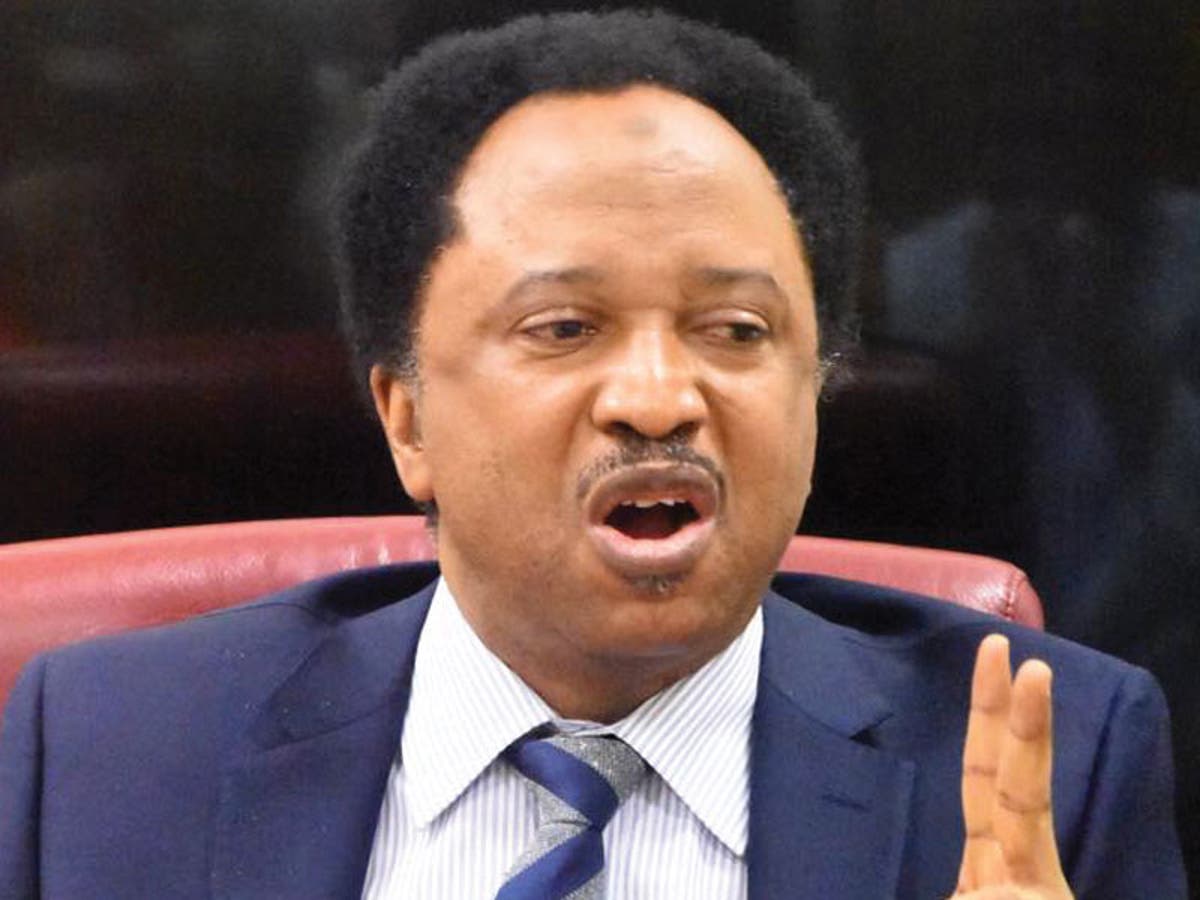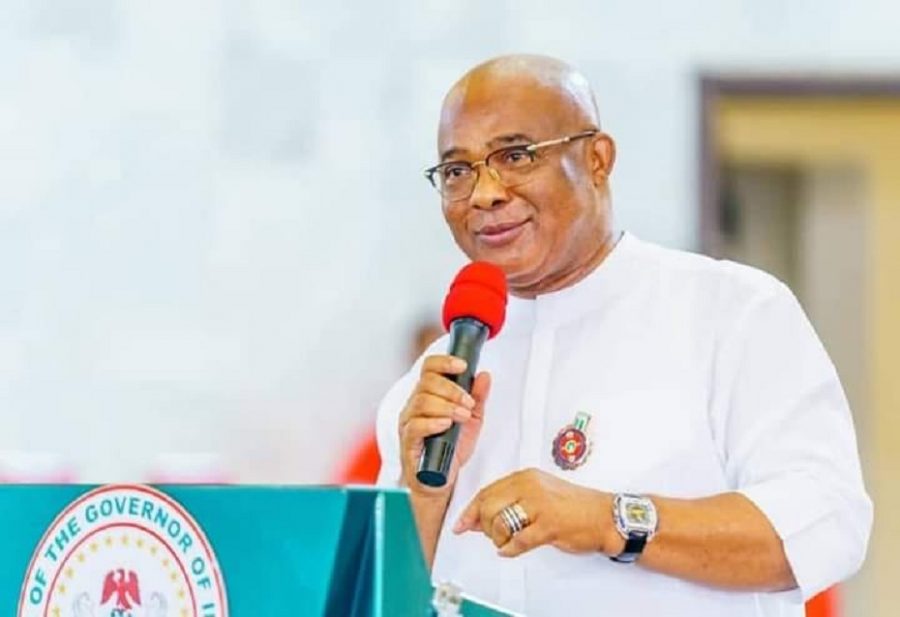An Indian national and businessman has revealed that he left the United Kingdom to settle and do businesses in Nigeria because of tax reasons, a claim suggesting that Nigeria’s tax system is either more business friendly or easier to manipulate.
Sanjeev Raj Kapoor’s declarations were contained in the information he provided to the infamous offshore provider, Mossac Fonseca, details of which were obtained recently by PREMIUM TIMES and its ICIJ partners.
In 2016, details of the leaked Mossac Fonseca’s database, known as the #PanamaPapers, shook the world as many notable figures, including Nigerians, were named in the infamous database.
In the new records obtained by the ICIJ and shared with PREMIUM TIMES, Mr Kapoor, a businessman, disclosed that he lived in London for many years and moved to Lagos in Nigeria on April 5, 2013.
“I moved for tax reasons from England on 5th April 2013 and since then I have been both non-resident and non-domiciled in the United Kingdom,” he said. “I now spend less than 90 days in the UK. I now live permanently in Lagos, Nigeria.”
The businessman said he resides in Banana Island in Lagos, one of the most expensive real estate locations in Nigeria.
According to details of his disclosures, the businessman has been working and residing in Nigeria since July 1978 – a period of almost 39 years – having arrived Nigeria when he was 22 years old and lived with his wife.
“In 1996 my wife and three children moved to London because my elder daughter was 12 years old and we had to move her into the British school system,” he wrote in the disclosure. “Since then for the last 16 years till 5th April 2013 I was between Lagos and London doing one month at a time in each place. On 5th April 2013 I have moved permanently to Lagos. Nigeria.”
Controversial Identity
Mr Kapoor was compelled to supply the details while requesting for certificates of good standing and incumbency for his offshore shell company, Vital Asset Management Ltd. The company owns three flats in Dubai and the businessman wanted to open a bank account to lodge cheques issued to him by his tenants.
But by its response, Mossac Fonseca was unconvinced that the businessman was not the individual identified in its due diligence searches as having been restrained from accessing the Indian securities market. Searches by Mossac Fonseca revealed that the Indian, also named Sanjeev Kapoor, was in addition barred from accepting any loans or deposits intended for share market from the public in January 2004.
Screen Shot 2018-08-02 at 8.00.26 PM
Mr Kapoor, however, disagreed vehemently with Mossac Fonseca, saying he was never at any time barred from the Indian stock market. He added that he was not the ‘Sanjeev Kapoor’ identified by Mossac Fonseca in their searches.
“I can even give you a sworn affidavit that the Sanjeev Kapoor in your search is not me and for that matter I don’t have any clue who it is,” he wrote. “The family name Kapoor is a very common name in india and a Sanjeev Kapoor is a very famous Chef in India. We all happen to be namesakes. Nautilus Trust ; from Circle Trust to New World Trust to Nautilus Trust and now to First Trustees have known me since 1982 which is 34 years.
“I started with them when they were called the Circle Trust then they merged and were called the New World Trust ; then they merged again to be called the Nautilus Trust then now they have merged once again to be called First Trust.
They can also confirm that I have always only worked in Nigeria. Therefore and in conclusion I say that the Sanjeev Kapoor of Max Portfolios in Calcutta is not me and has nothing to do with me.”
Leaving UK, Settling for Nigeria
Mr Kapoor co-owns a few businesses in Nigeria, including Vital Products Plc and West African Tobacco Ltd. He also has property investments in London and Dubai.
Although an Indian national, he said he had never worked or done any business in India. Born in 1955 to Indian parents, he said he is a permanent resident in Nigeria and pays a lot of income tax to the Nigerian authorities since he opted to leave the UK because of tax issues.
It is not immediately clear why Mr Kapoor chose to do businesses in Nigeria because of tax.
A London-based journalist told PREMIUM TIMES that the reasons given might not be connected with the decision made.
The UK tax authorities have considerably slashed company tax since 2008, he said.
From April 1, 2015, there is a single Corporation Tax rate of 20 per cent for non-ring fence profits. There are also different rates for ‘ring fence’ companies. Ring Fence companies are companies that make profits from oil extraction or oil rights in the UK or UK continental shelf.
In 2015, the UK government in its Summer Budget announced legislation setting the Corporation Tax main rate (for all profits except ring fence profits) at 19 per cent for the years starting April 2017, 2018 and 2019; and at 18 percent for the year starting April 1, 2020.
By 2016, the government had announced a further reduction of the Corporation Tax main rate (for all profits except ring fence profits) for the year starting April 1, 2020, setting the rate at 17 per cent.
The Company Income Tax in Nigeria, however, has remained at 30 per cent.
“His business in the UK might be coming to a natural end or there may be a pressing need. UK company tax has reduced significantly from 28 percent in 2008 to 19 percent today,” said the London-based journalist and due diligence expert.
“Business rates have gone up a lot in the UK recently. The UK also has all sorts of research and development allowances which business people like. In the UK it is relatively easy to set up businesses too.”
Mr. Kapoor could not be reached to comment for this story. He did not answer or return multiple calls made to his Nigerian and UK telephones.






